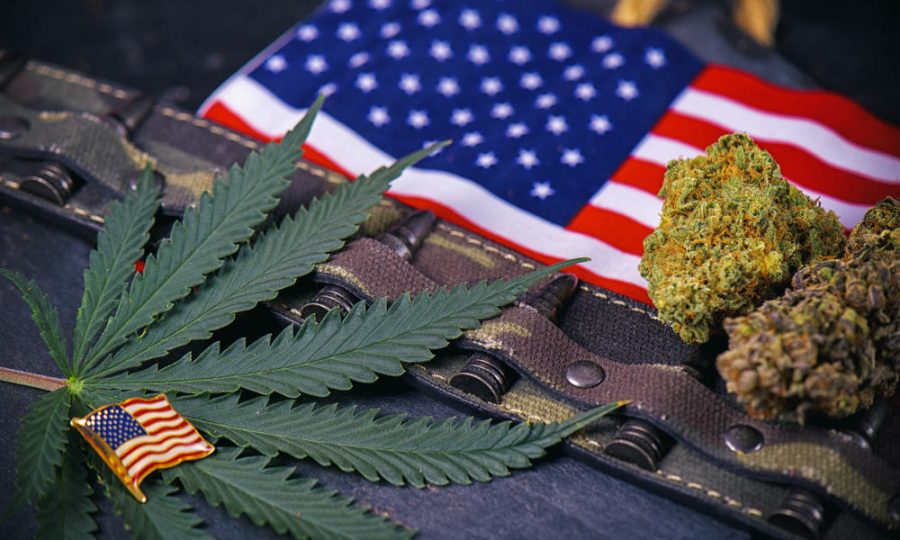Veterans Health Administration urges vets to open up about cannabis use with their doctors
Most veterans don’t tell the truth about their cannabis use to their doctors because they are afraid of losing their VA benefits.
While Veterans Health Administration is urging vets to discuss their cannabis use with their physicians under a new policy, vets are still skeptical because cannabis is still illegal under federal law. And since it is a Scheduled I substance, which categorizes it as having no medical use and high potential for abuse; it is forbidden for VA providers to refer veterans to medical cannabis programs.
Michael Krawitz, executive director of Veterans for Medical Cannabis Access, an advocacy group, is an Air Force veteran himself who takes oxycodone and cannabis to treat injuries he suffered in a non-combat-related motorcycle accident while stationed in Guam in 1984.
Krawitz has always been open about his medical cannabis use with his physician and suffered no problems or consequences for doing so. However, he has also worked with several fellow veterans who have been kicked off their VA pain management programs because of failed drug tests.
This disconnect between the law and Veterans Health Administration makes veterans hesitant of coming clean about their medical cannabis use. Krawitz suggests the Health Administration to be more clear cut in their policy so veterans are protected if they do admit to physicians about their cannabis use.
Much can’t be done until federal law changes, which is extremely necessary because studies and research are hard to do as long as cannabis remains a Schedule 1 substance in the United States–there are restrictions on conducting studies and research on a Schedule 1 substance.
“I believe that there are chemicals in marijuana that have medicinal properties,” Dr. Otis Brawley, chief medical officer at the American Cancer Society, told NPR. “I would love to know what those are, what their medicinal properties are and what the dose should be.”
Doctors like Dr J. Michael Bostwick, a psychiatrist at Mayo Clinic in Rochester, Minn., believes it’s very important for physicians to know about their patients medical history and would appreciate knowing about a patient’s cannabis use, which would ultimately help properly diagnose and treat a patient.










